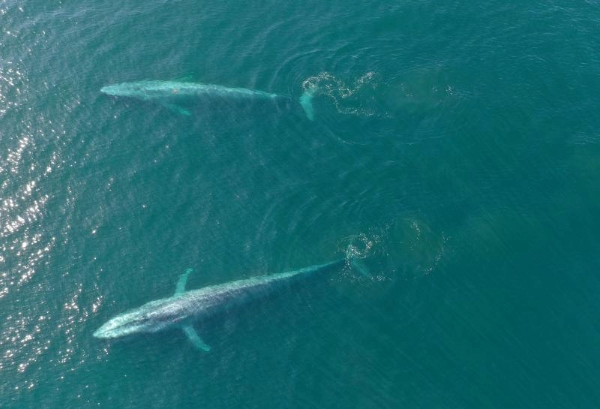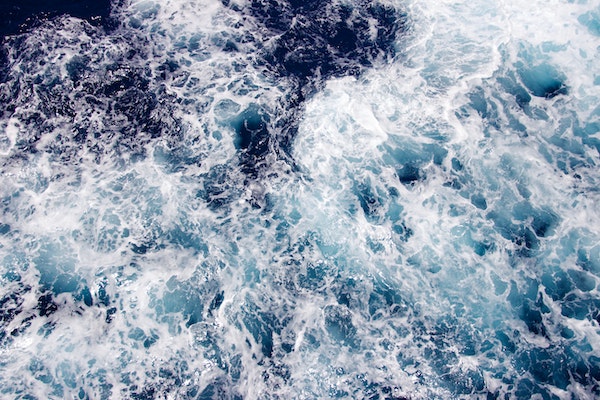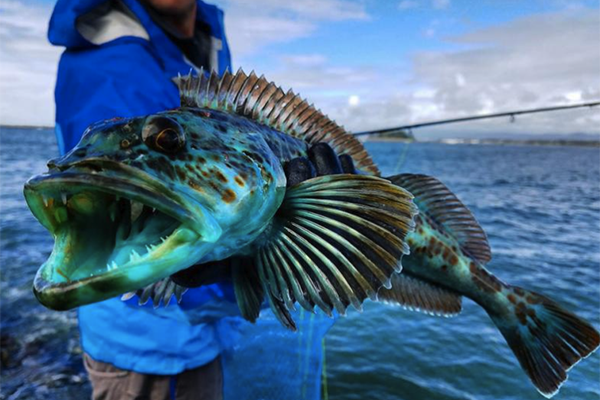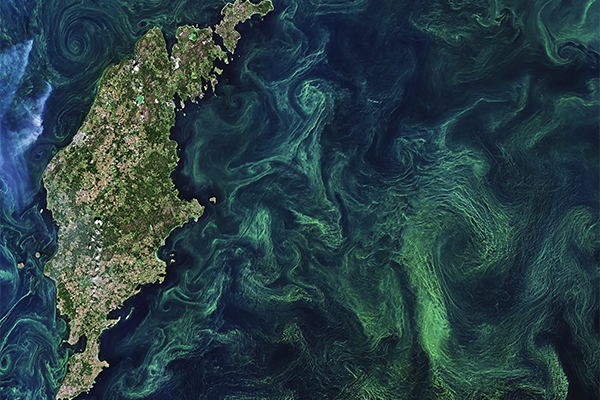Scientists say real-time predictions show how top predators shift during marine heatwaves

With climate change and ocean warming disrupting marine ecosystems, a team of scientists has developed an operational dynamic ocean management tool that predicts predator distributions and responses to extreme conditions in near real time. This new research will inform fisheries management.
The study, which was published in Nature Communications, found that the effects on marine predators such as sharks, tuna, and mammals vary widely and can redistribute species across international boundaries. Scientists predicted these shifts using species distribution models that account for changes in temperature and other environmental conditions.
“The goal is to provide forward-looking tools to help managers think ahead about how species could redistribute during heat waves and how they may need to proactively adjust regulations to account for these shifts,” said Heather Welch, an affiliate researcher at NOAA Fisheries’ Southwest Fisheries Science Center, a project scientist at UC Santa Cruz and lead author of the new research. “Predators often support important commercial fisheries, so it’s important to understand how they respond to changes in their surroundings.”
Marine heatwaves have become a regular occurrence in the eastern Pacific Ocean off the West Coast in the last decade starting with a massive heatwave around 2014 to 2016. Some studies suggest they may become more common and severe with climate change. NOAA Fisheries is increasingly pursuing “climate-ready fisheries” by developing management strategies that can adjust to changes in ecosystems and their inhabitants. However, such an approach hinges on good information about how the species distributions are changing.
“How do we keep fishing sustainably and continue to protect important species in a world with a changing climate?” Welch said. “We need to be prepared to change our approach as species move and shift. Fortunately, we can develop the tools to help do that in real-time.”
Does aquaculture really need a heat-tolerant salmon to adapt to rising ocean temperatures?
Scientists examined the effects of four major marine heatwaves in the northeastern Pacific Ocean on 14 different predators including sea lions, bluefin tuna, mako sharks and albatrosses. The effects on distributions varied across marine heat waves and species. In some cases, the habitat of species came close to disappearing while in other cases it nearly doubled in area. Overall, the study concludes that marine heatwaves “rapidly altered political bio-geographies,” with up to 10 percent of predicted habitat across all species shifting jurisdictions during individual heatwaves.
As part of the study, the research team developed models that track ocean temperatures and other factors to provide real-time predictions of how top predators shift during marine heatwaves. These predictions could be further tailored to the needs of fisheries or other ocean managers, providing an early warning system that alerts them to ecological changes, the scientists said.
“We are seeing large-scale changes in where and when predators go as a result of climate variability and change,” said Elliott Hazen, a research ecologist at the Southwest Fisheries Science Center. “Forecasting potential changes before they happen is critical for proactive climate-ready management. That is how we can protect the species that need protection and ensure the sustainability of our fisheries and other ocean-based economies.”
Now that you've reached the end of the article ...
… please consider supporting GSA’s mission to advance responsible seafood practices through education, advocacy and third-party assurances. The Advocate aims to document the evolution of responsible seafood practices and share the expansive knowledge of our vast network of contributors.
By becoming a Global Seafood Alliance member, you’re ensuring that all of the pre-competitive work we do through member benefits, resources and events can continue. Individual membership costs just $50 a year.
Not a GSA member? Join us.
Author
Tagged With
Related Posts

Fisheries
Ocean warming increases risk of salmon bycatch in Pacific hake fishery
Ocean warming and increased frequency of marine heatwaves could lead to higher Chinook salmon bycatch rates, scientists say.

Fisheries
Study: Marine heat waves deep underwater persist longer
A NOAA study finds marine heat waves can occur with little evidence of ocean warming at the surface, which impacts fisheries management.

Fisheries
Study: Coastal fisheries are resilient in the face of marine heatwaves
Marine heatwaves are not having a lasting effect on fish communities with major commercial importance, according to Rutgers-led research.

Fisheries
Study: Fisheries managers should expect volatility due to marine heatwaves
With marine heatwaves on the rise, a new study presents a roadmap on what scientists, fisheries managers and policymakers should prioritize.



